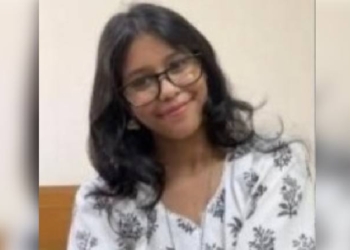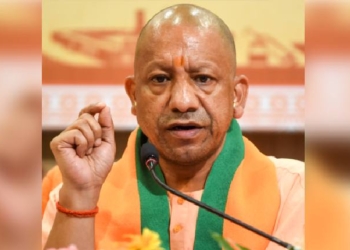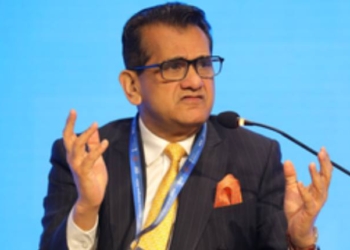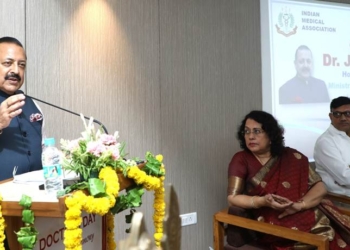New Delhi: A court on Thursday disposed of the Delhi Police’s application seeking a restraining order against Aaj Tak and other media channels from telecasting material related to the charge sheet in the Shraddha Walkar murder case, saying as the Delhi High Court is seized of the matter, it no longer has jurisdiction over it.
The sessions court on Thursday disposed of police’s plea seeking a restraining order to prevent news channels from utilising, in any form, any material related to the charge sheet in the murder case, where Aaftab Amin Poonawala is accused of strangling his live-in partner Walkar to death in the Mehrauli area, and then chopping her body into several pieces.
The Delhi Police had filed an application on April 10 and while dealing with it, Additional Sessions Judge Manisha Khurana Kakkar of the Saket Court Complex said that Special Public Prosecutor Amit Prasad had placed on record the Delhi High Court’s order dated April 19 directing media channels to not publish or broadcast any content belonging to the charge sheet in the case.
“In view of the aforesaid order placed on record on behalf of the state, since Delhi High Court is seized of the present matter, therefore, this court does not have jurisdiction to entertain the application any further. The application is hereby disposed of,” the judge said.
On April 17, the court had directed Aaj Tak news channel not to air the findings of the narco analysis and psychological evaluation done on Poonawala.
ASJ Kakkar had also granted the police liberty to approach a higher court for pursuing the remedy requested in their application for restraining news channels from airing or publishing any content related to the FIR registered in the case.
“The publication of the said document, especially the CCTV footage, can severely prejudice the right of fair trial of the accused as enshrined under Article 21 (protection to life and personal liberty) of the Constitution of India, and the channel cannot be allowed to telecast the content of the same so as to conduct a media trial,” Kakkar had said.
She also cited a Delhi High Court ruling of 2001 that said the media has no place in the administration of justice once the proceedings have begun. The court had then taken note of an undertaking by the news channel’s lawyer that it would not broadcast, publish, or otherwise make available the contents of the voice layered test, narco analysis, or conversation captured on Dr. Practo’s App, for the following three days.
“You (Delhi Police) might also approach the constitutional court and exercise your remedy. You need an order that will help you with other channels also. It would be in your favour to get an order from a higher court,” the judge had said.
SPP Prasad had claimed that because digital content is sensitive by nature, broadcasting it would jeopardise the accused’s right to a fair trial in addition to having an adverse effect on law and order.
On April 10, the prosecution had claimed that such telecast would be damaging, not only for the case, but will also impact the accused and the family members of the victim.
(IANS)
















